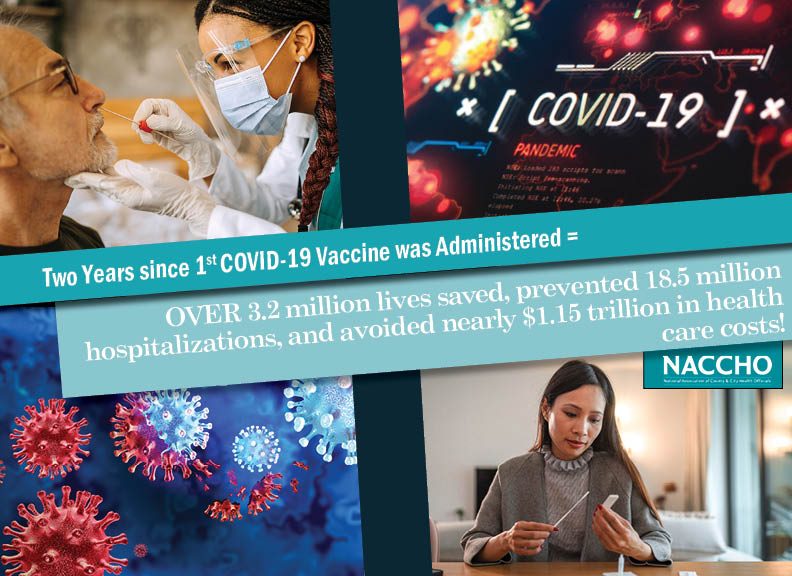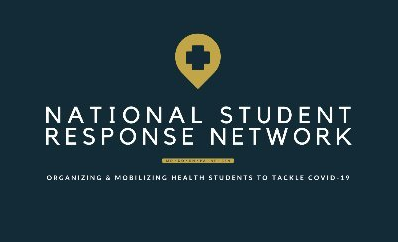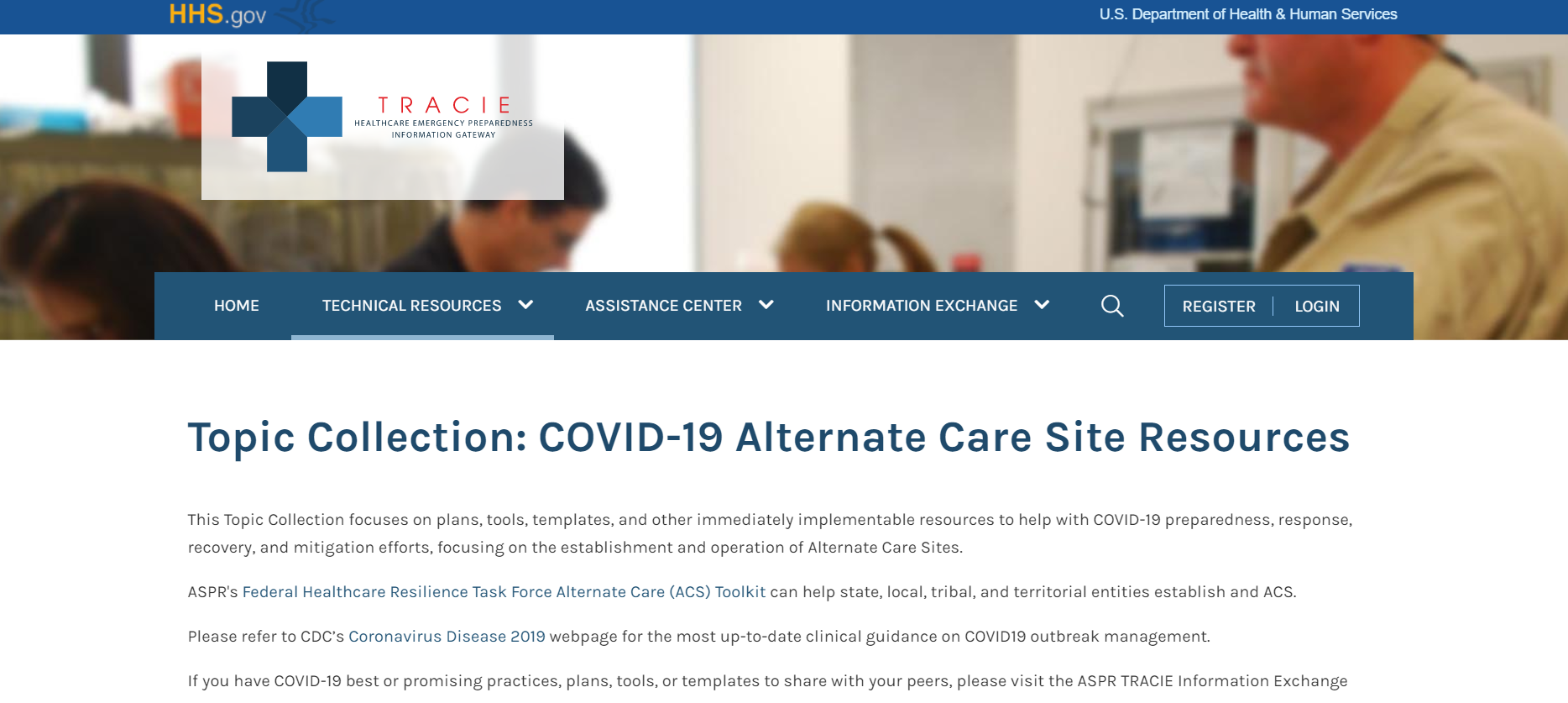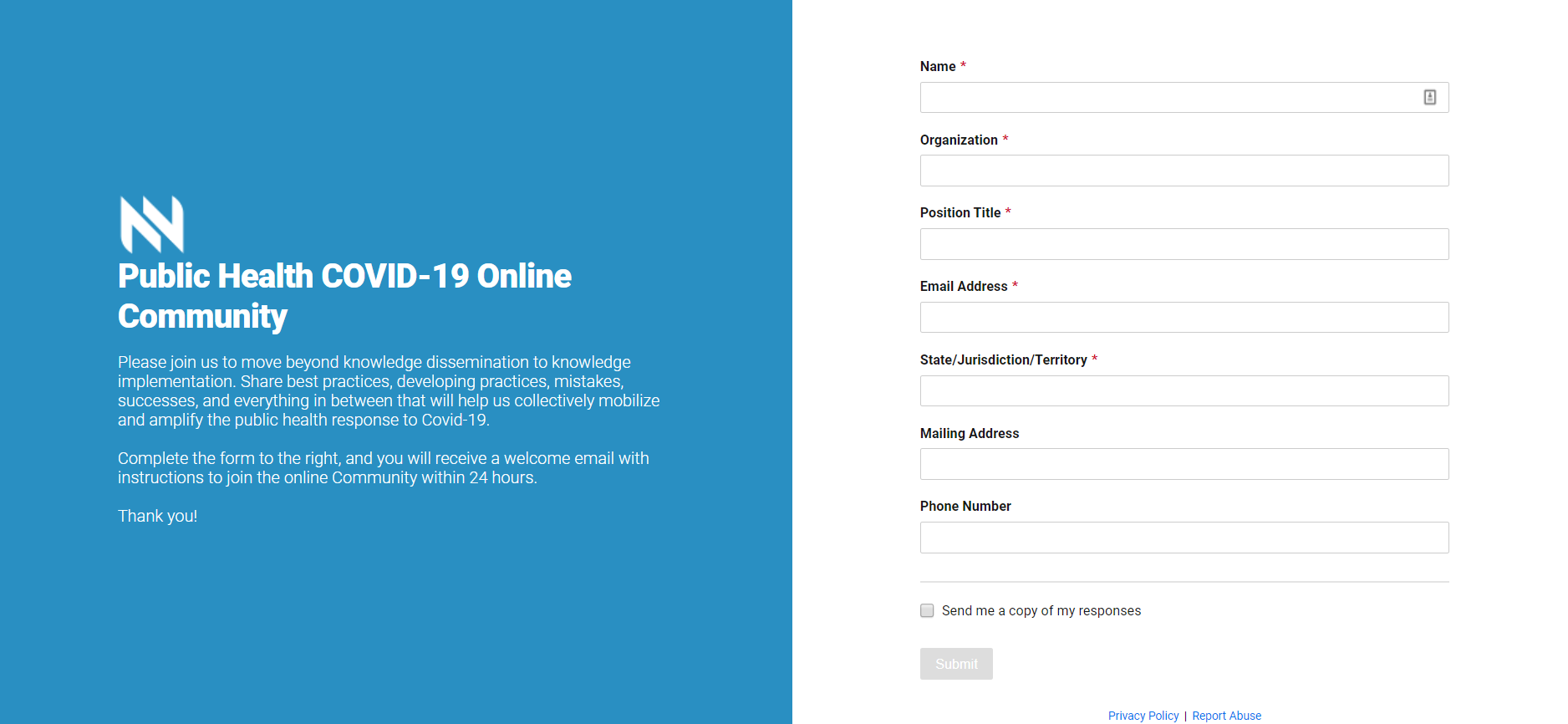Popular Categories
Plague and Bioterrorism Preparedness
Plague, caused by the bacterium Yersinia pestis, continues to cause disruptive and deadly outbreaks.
Jun 08, 2020 | Beth Hess
Tools & Resources, COVID-19, Emergency Response, Infectious Disease
COVID-19 Resources for Local Health Departments (May 25-29)
This blog highlights COVID-19 guidance/news, tools and resources, and training opportunities that NACCHO compiled during the week of...
Jun 05, 2020 | Kim Rodgers
Tools & Resources, Emergency Response, Infectious Disease, Recommendations
Pandemic Resilience: Getting It Done - A Supplement to the Roadmap to Pandemic...
As a follow-up to the “Roadmap to Pandemic Resilience,” which calls for massively scaled up programs of testing, tracing and supported...
May 20, 2020 | Kim Rodgers
Emergency Response, Infectious DiseasePlague and Bioterrorism PreparednessPlague, caused by the bacterium Yersinia pestis, continues to cause disruptive and deadly outbreaks. Jun 08, 2020 | Beth Hess |
Tools & Resources, COVID-19, Emergency Response, Infectious DiseaseCOVID-19 Resources for Local Health Departments (May 25-29)This blog highlights COVID-19 guidance/news, tools and resources, and training opportunities that NACCHO compiled during the week of May 25-29, 2020. Jun 05, 2020 | Kim Rodgers |
Tools & Resources, Emergency Response, Infectious Disease, RecommendationsPandemic Resilience: Getting It Done - A Supplement to the Roadmap to Pandemic ResilienceAs a follow-up to the “Roadmap to Pandemic Resilience,” which calls for massively scaled up programs of testing, tracing and supported isolation (TTSI) as a means to safely re-open the U.S. economy after COVID-19 closures, Harvard University’s Edmond J. Safra Center for Ethics released a new supplemental report detailing guidance on the levels of testing and tracing needed to reopen different... May 20, 2020 | Kim Rodgers |

Tools & Resources, Emergency Response, Epidemiology, Health Equity & Social JusticeCOVID-19 Resources for Local Health Departments (May 11-15)This blog highlights COVID-19 guidance/news, tools and resources, and training opportunities that NACCHO compiled during the week of May 11-15, 2020. May 15, 2020 | Kim Rodgers |
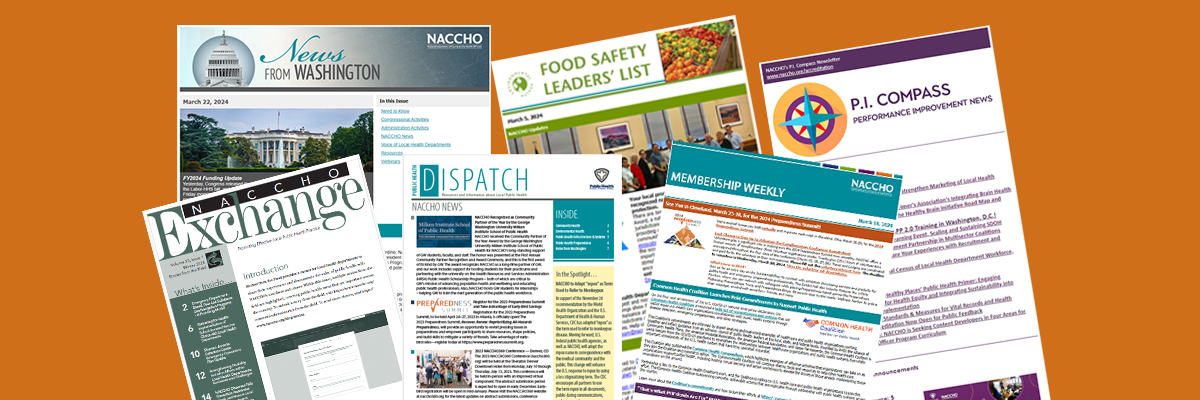
Subscribe Today
Sign Up for the E-mail Digests
Create an account or login to MyNACCHO and go to "My Subscriptions."
SUBSCRIBE NOW